Hyacinth Bulbs Fondant color pack of 1 Bulb
₹80.00
Out of stock
Email when stock available
Hyacinth Bulbs Fondant
Hyacinth Bulbs Fondant Description
Hyacinth Bulbs Fondant is a small genus of bulbous flowering plants in the family Asparagaceae, subfamily Scilloideae. Plants are commonly called hyacinths. Hyacinthus grows from bulbs, each producing around four to six linear leaves and one to three spikes (racemes) of flowers.
This hyacinth has a single dense spike of fragrant flowers in shades of red, blue, white, orange, pink, violet, or yellow. A form of the common hyacinth is the less hardy and smaller blue or white-petalled Roman hyacinth of florists. These flowers should have indirect sunlight and are to be moderately watered.
| Common name | Flower colours | Bloom time | Height | Difficulty |
|---|---|---|---|---|
| Common hyacinth, garden hyacinth or Dutch hyacinth | Ocean, Purple | Spring; but can be forced to flower earlier indoors | 15 to 20 cm | Easy to grow |
Planting and care
Hyacinth bulbs are planted in the fall and borne in spring. The Victorians revered hyacinths for their sweet, lingering fragrance, and carefully massed them in low beds, planting in rows of one color each. Plant the bulbs 4 inches deep and a minimum of 3 inches apart. At the northern limits of their hardiness, plant 6 to 8 inches deep.
Grow in any well-drained, moderately fertile soil in sun or partial shade. Loosen soil and work in compost or bone meal for fertility. Set the bulb in the hole with the pointy end up. After planting and covering with soil, water thoroughly. If you are transplanting, water sparingly and then do not water again until flower buds appear the following year.
| Sunlight | Soil | Water | Temperature | Fertilizer |
|---|---|---|---|---|
| Full Sun to Part Shade | Acidic, Neutral, Well Drained soil, Organically rich soils | Average | 15 to 28 degrees C | Fertilizer is not essential but a dressing of a high potash and phosphate fertilizer such as bone meal or hoof and bone applied before planting may be beneficial. |
Caring for Hyacinth
- Water hyacinths in the event of a dry autumn.
- Protect container-grown plants from excessive winter moisture.
- After plants are finished flowering in spring, cut back flower stalks but allow the leaves to die back naturally.
Be the first to review “Hyacinth Bulbs Fondant color pack of 1 Bulb” Cancel reply
You must be logged in to post a review.



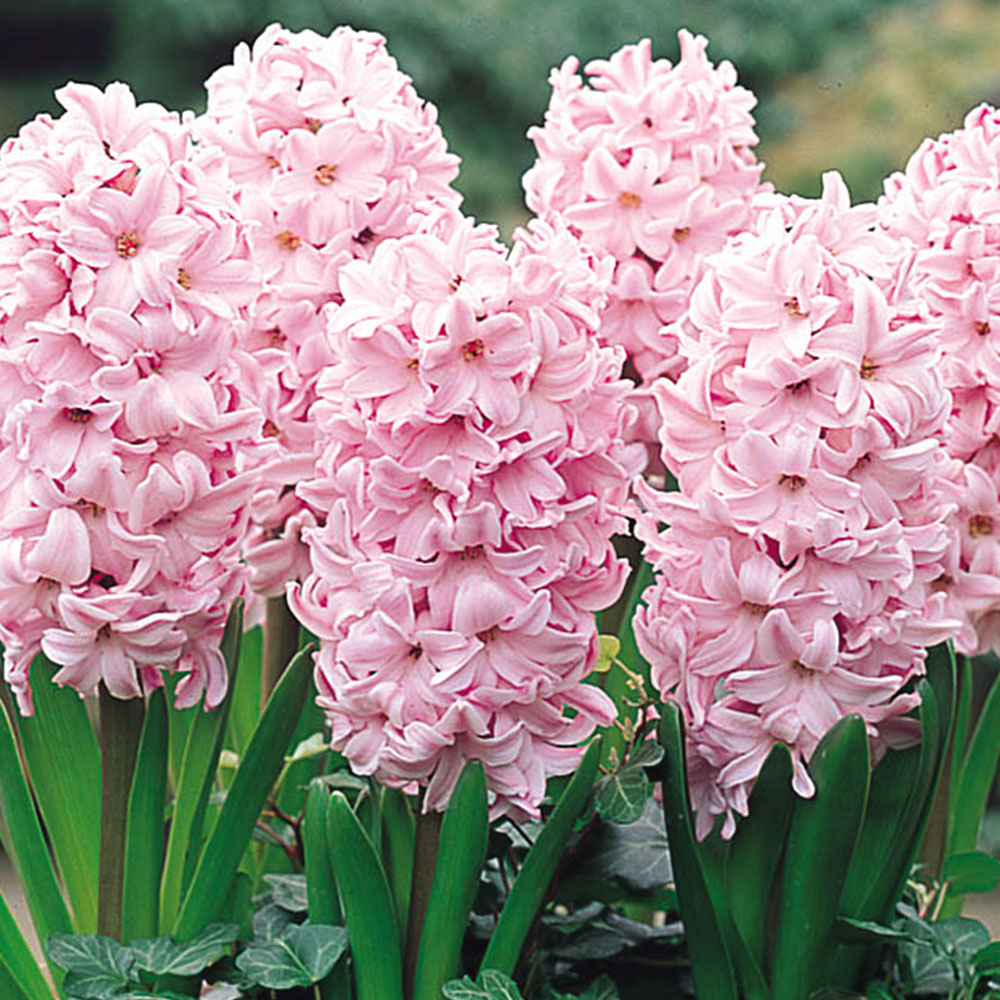
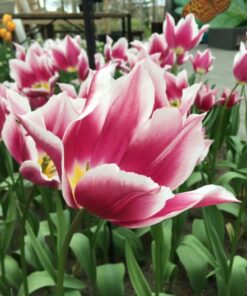
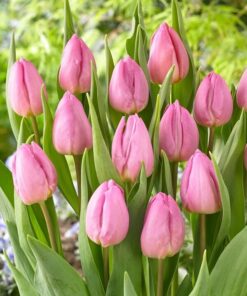
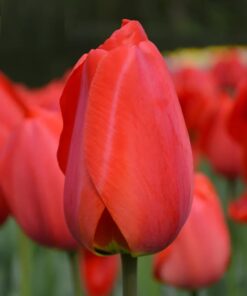
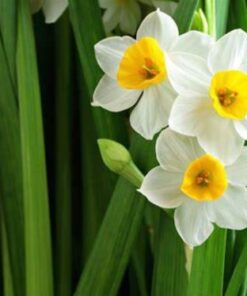
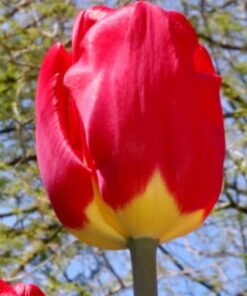
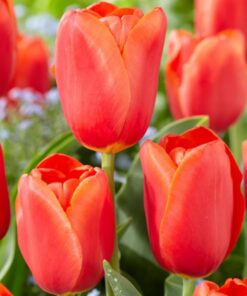
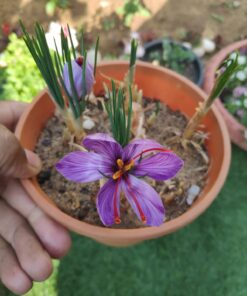
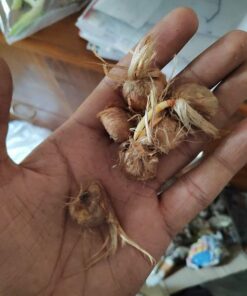
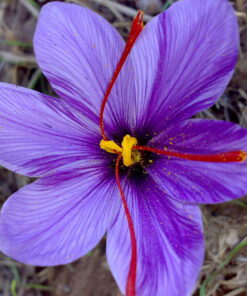
Reviews
There are no reviews yet.